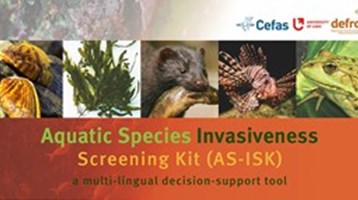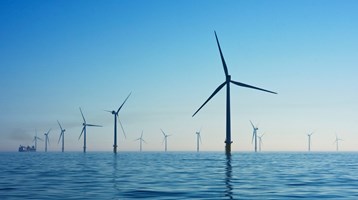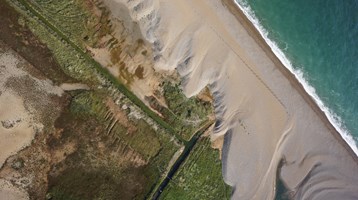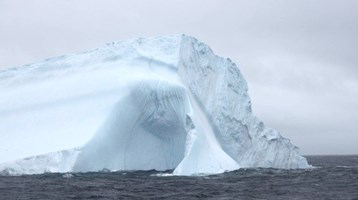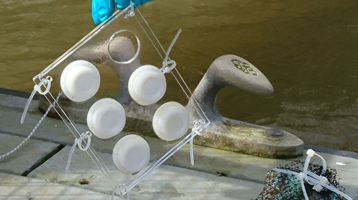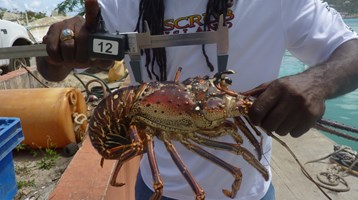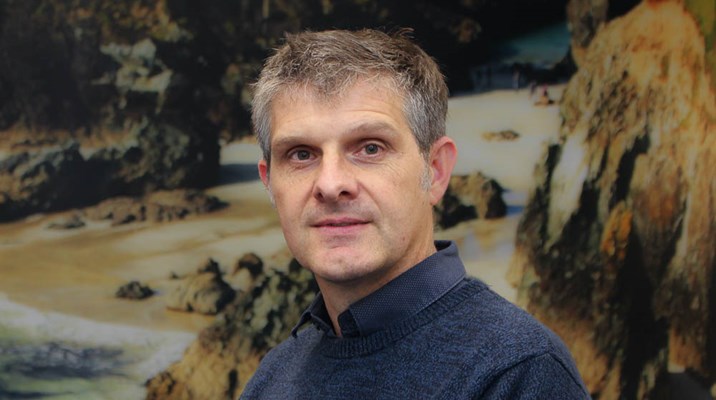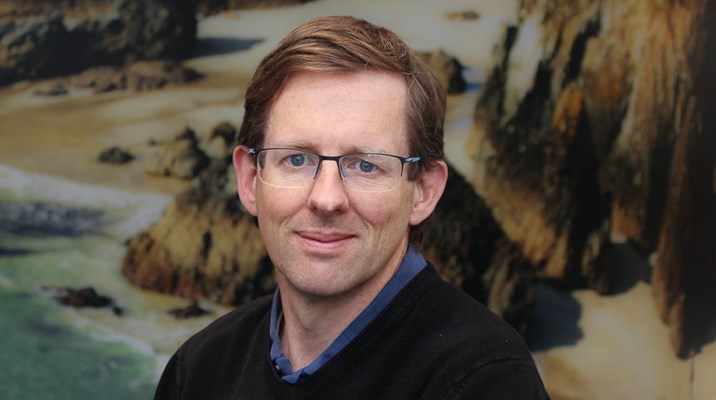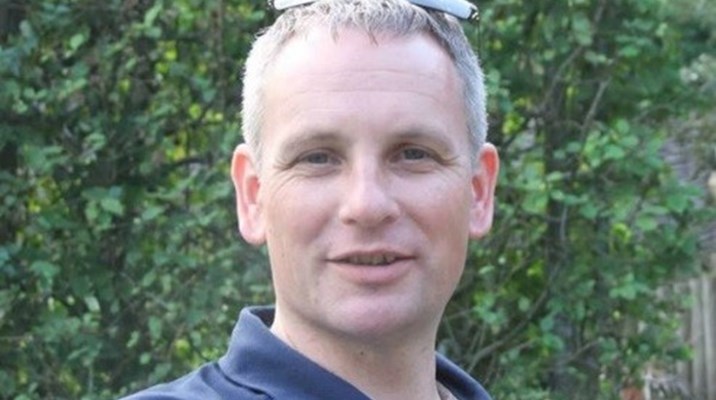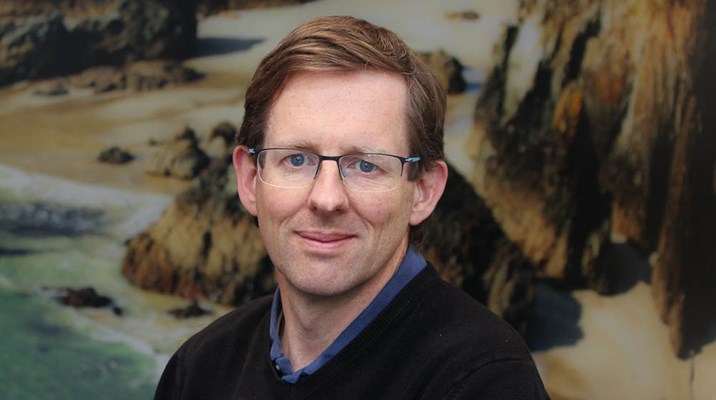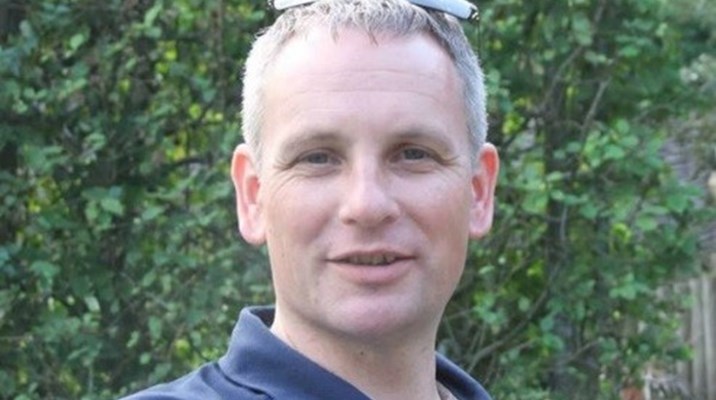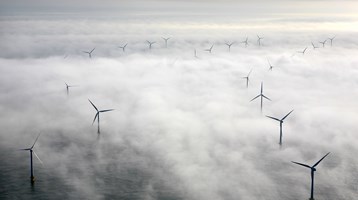Dr Jonathan Gillson
Diadromous Fisheries Scientist
Jonathan is a Fisheries Scientist and deputy Team Leader within the Aquatic Surveys, Evidence and Advice Group. He provides scientific advice to national and international bodies on issues related to the management of diadromous and freshwater fisheries and delivers R&D programmes on the population dynamics and ecology of salmonids.

He has 20 years of experience in the field of fisheries ecology and management. Jonathan was awarded a First-Class Honours degree (BSc) in Marine Biology and Coastal Ecology by the University of Plymouth. After which, he worked as an Ecological Appraisal Officer and then a Fisheries Scientist for the Environment Agency at the National Fisheries Laboratory. He then went on to receive a joint international scholarship from the University of New South Wales and the Department of Primary Industries in Australia to complete a PhD investigating the impacts of freshwater flow on commercial fisheries production in estuarine and coastal systems. Following the completion of his PhD, he joined Cefas as a Fisheries Scientist.
His role at Cefas includes providing scientific advice to Government, Agencies, and external bodies on the management of diadromous and freshwater fisheries. He is a UK delegate at the International Council for the Exploration of the Sea (ICES) Working Group on North Atlantic Salmon (WGNAS) and the North Atlantic Conservation Organisation (NASCO). Jonathan’s work focuses on fish stock assessment, the provision of scientific advice and delivering R&D programmes on diadromous and freshwater fish. Research interests include developing stock assessment methods, investigating how changes in river discharge influence juvenile salmonid production and identifying factors affecting salmon survival at sea. He is a frequent first author of high-level technical reports and peer-reviewed literature.
Publications:
Google scholar link: Google Scholar
Research Gate link: Research Gate
Selected Publications:
- Gillson, J.P., Bašić, T., Davison, P.I., Riley, W.D., Talks, L., Walker, A.M., Russell, I.C. 2021. Semi-quantitative assessment of marine stressors with the potential to impact Atlantic salmon Salmo salar: a case study from England. Reviews in Fish Biology and Fisheries (submitted).
- Gillson, J.P., Maxwell, D.L., Gregory, S.D., Posen, P.E., Riley, W.D., Picken, J.L. and Assunção, M.G. 2020. Can aspects of the discharge regime associated with juvenile Atlantic salmon (Salmo salar L.) and trout (S. trutta L.) densities be identified using historical monitoring data from five UK rivers? Fisheries Management and Ecology, 27(6), 567-579.
- Schilling, H.T., Hinchliffe, C., Gillson, J.P., Miskiewicz, A. and Suthers, I.M. 2020. Coastal winds drive a recruitment mechanism for estuarine fisheries. bioRxiv (pre-print)
- Gillson, J., Suthers, I. and Scandol, J. 2012. Effects of flood and drought events on multi‐species, multi‐method estuarine and coastal fisheries in eastern Australia. Fisheries Management and Ecology, 19(1), 54-68.
- Meynecke, J.O., Grubert, M. and Gillson, J. 2012. Giant mud crab (Scylla serrata) catches and climate drivers in Australia–a large scale comparison. Marine and Freshwater Research, 63(1), 84-94.
- Gillson, J. and Scandol, J. 2012. Spreading the economic risk: Harvesting strategies of multi-method inshore fisheries during drought in eastern Australia. Fisheries Research, 113(1), 106-117.
- Gillson, J. 2011. Freshwater flow and fisheries production in estuarine and coastal systems: where a drop of rain is not lost. Reviews in Fisheries Science, 19(3), 168-186.
- Gillson, J., Scandol, J. and Suthers, I. 2009. Estuarine gillnet fishery catch rates decline during drought in eastern Australia. Fisheries Research, 99(1), 26-37.

